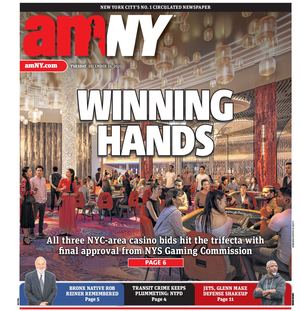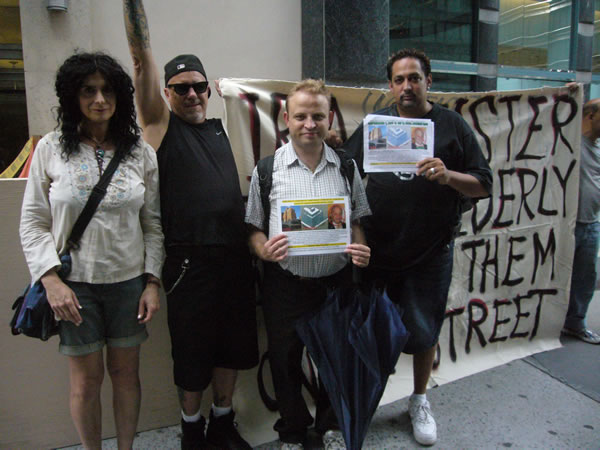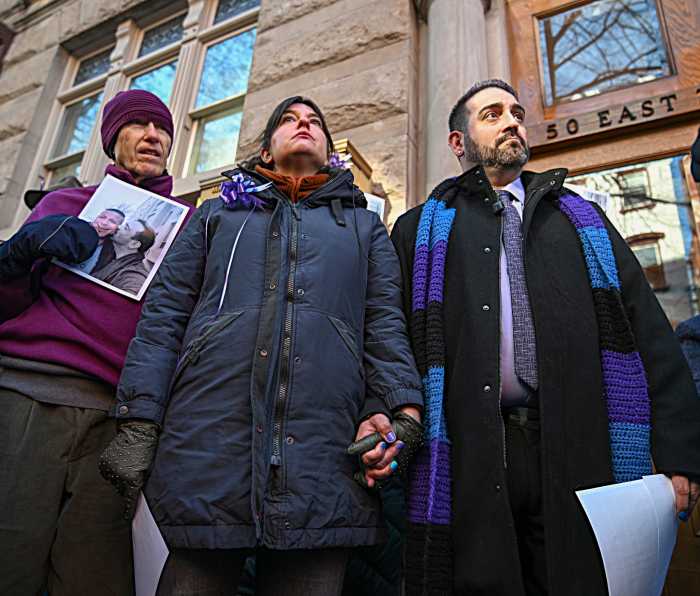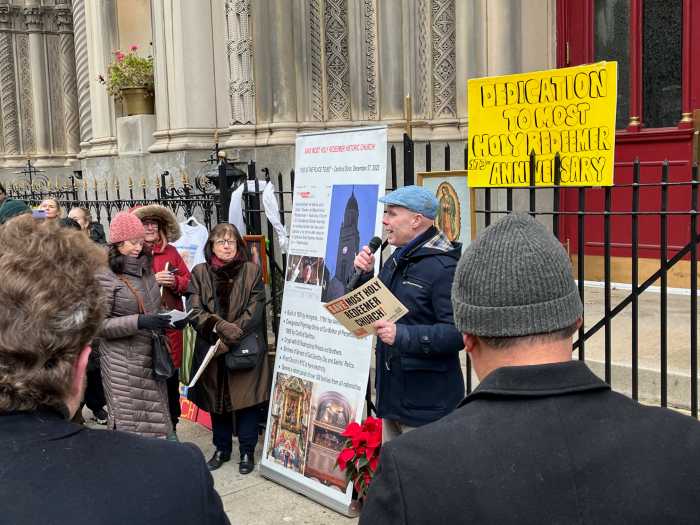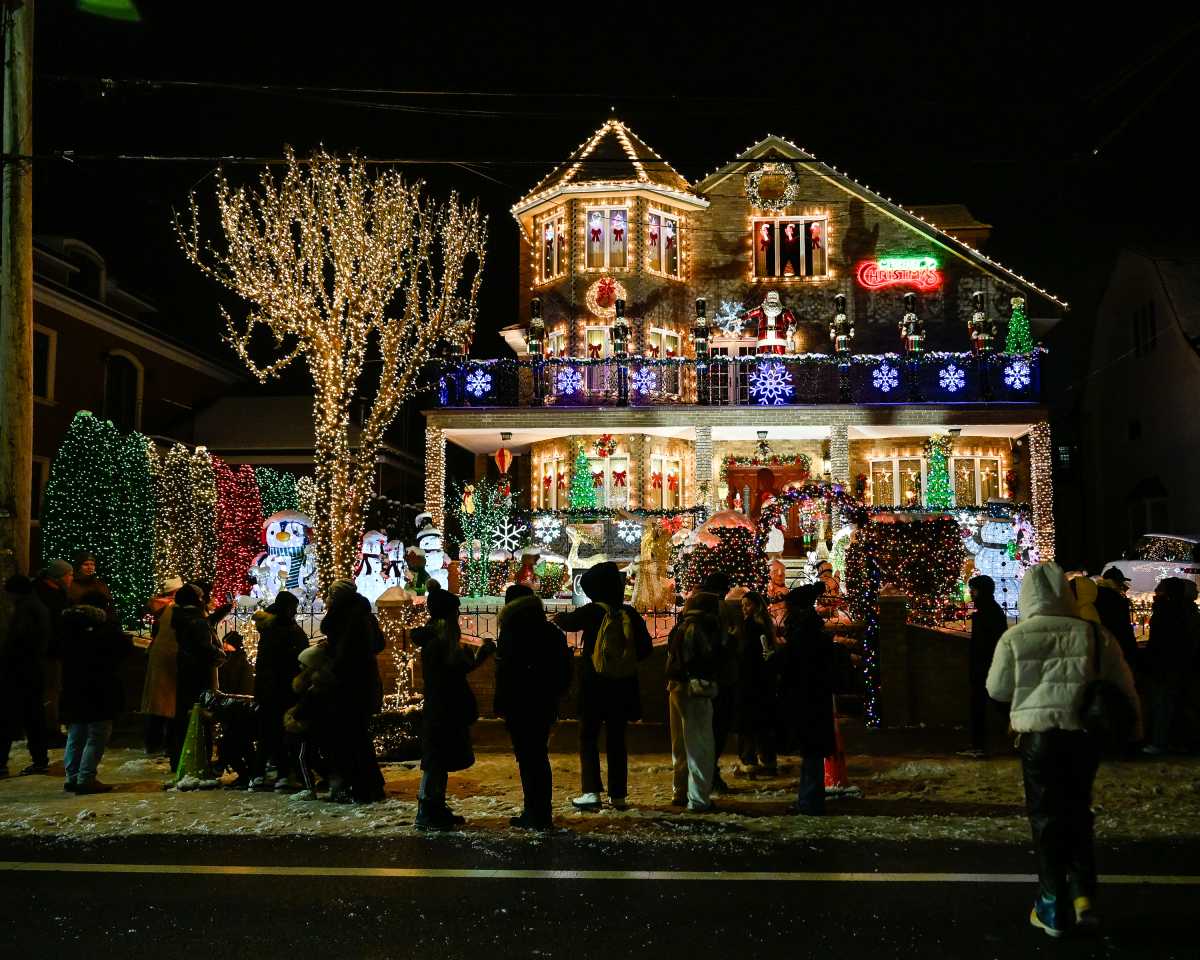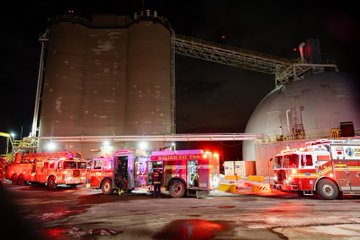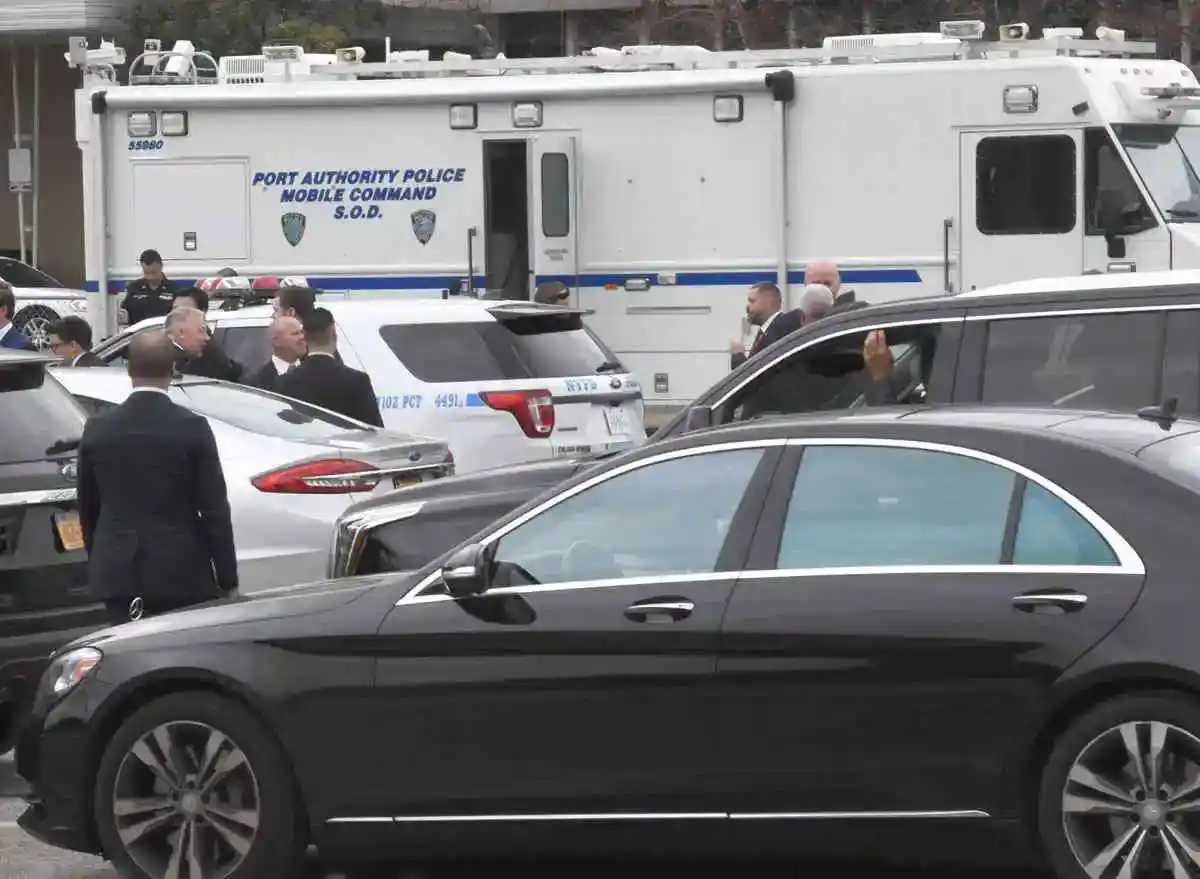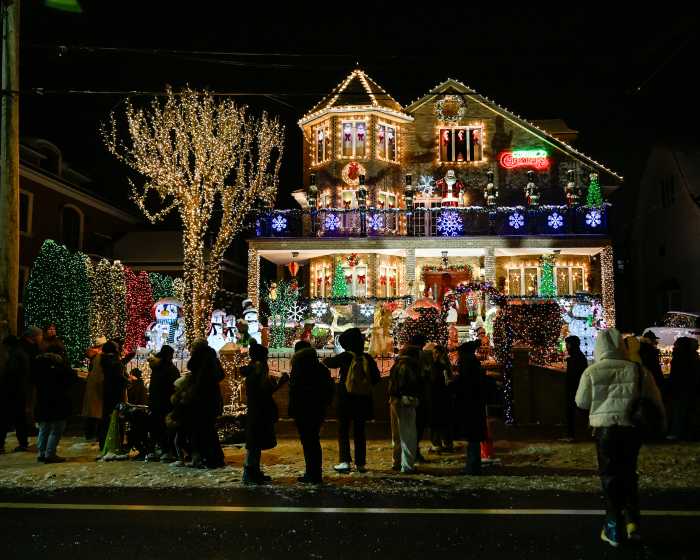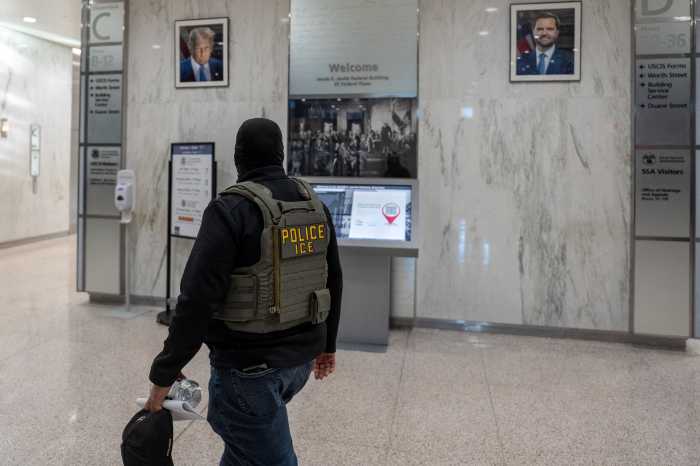By Albert Amateau
Sam Solarz, 83, a former president of the Bialystoker Center board of directors, is not happy about the impending closing of the 80-year-old nursing home at 228 E. Broadway.
“I think something is wrong with that,” Solarz told this newspaper in a telephone interview last week. “When I left the board in 1999, we had thousands of people who came to fundraisers for the home.”
Solarz, a founder of Master Purveyors, a meat wholesale company in Hunts Point, was born in Bialystok, Poland, the formerly largely Jewish city in northeast Poland that was the original home of immigrants who founded the center.
Solarz had survived the Bialystok ghetto uprising during World War II, hid in the forests around the city, made his way out of Poland at the age of 17 in 1945 and arrived in New York in 1951.
“I just came back [on Aug. 16] from a memorial in Bialystok,” Solarz said in the Sept. 2 telephone interview.
Solarz recalled he had been president of the Bialystoker board from 1968 to 1999. In the early 1970s, as a member of the board, he said, he went to Chicago to buy the adjacent property at 232 East Broadway from the Teamsters Union. The $200,000 purchase, Solarz said, was financed by individual benefactors and the property was donated to the center.
Last year, the Bialystoker Center board of directors approved the sale of 232 East Broadway to Matthew Adams Properties, the real estate company owned by the board’s current chairman, Ira Meister, for $1.5 million.
A member of the board, Barry Winston, said two weeks ago that the sale of the three-story building, which has been largely vacant recently, was approved to raise funds for operating the adjacent nursing home, as well as for making emergency repairs to the eight-story center built in 1930.
But Solarz said last week that he and his son, Mark Solarz, an attorney, intend to investigate the impending closing of the center.
“We want to find out what the hell is going on,” Solarz said.
Neighborhood activist John Penley mounted a four-person demonstration on Sept. 1 in front of the Midtown building on E. 59th St. where Meister’s real estate company maintains its office.
Meister did not respond in person to the demonstration but a spokesperson for the board issued a statement that day describing the center’s financial condition as “dire.”
“At the end of 2010 the center was more than $8.5 million in debt, and in July of this year, the New York State Department of Health approved the center’s closure and its proposed transition plan,” the statement said.
The statement also said the board had made great efforts to keep the center open, conducting an “exhaustive” search for a buyer who would continue to operate it as a nursing home. But in the prevailing economic conditions, including decreasing reimbursements for Medicaid and Medicare, there have been no buyers.
“The center is working closely with its residents and the New York State Department of Health to relocate each resident into a new nursing center where they will receive the appropriate level of care,” the statement said. “Once the center is fully vacated the building will be sold. All proceeds from the sale of the building will be used to pay Bialystoker’s vendors and creditors. Any remaining funds will be donated to charity, in accordance with the Center’s nonprofit charter.
“The board cares deeply for its residents and employees and the center is committed to finding alternative arrangements for our residents and helping our employees through this transition,” the statement said.
As of last week, the Bialystoker Center had 85 long-term residents and 132 staff members.
